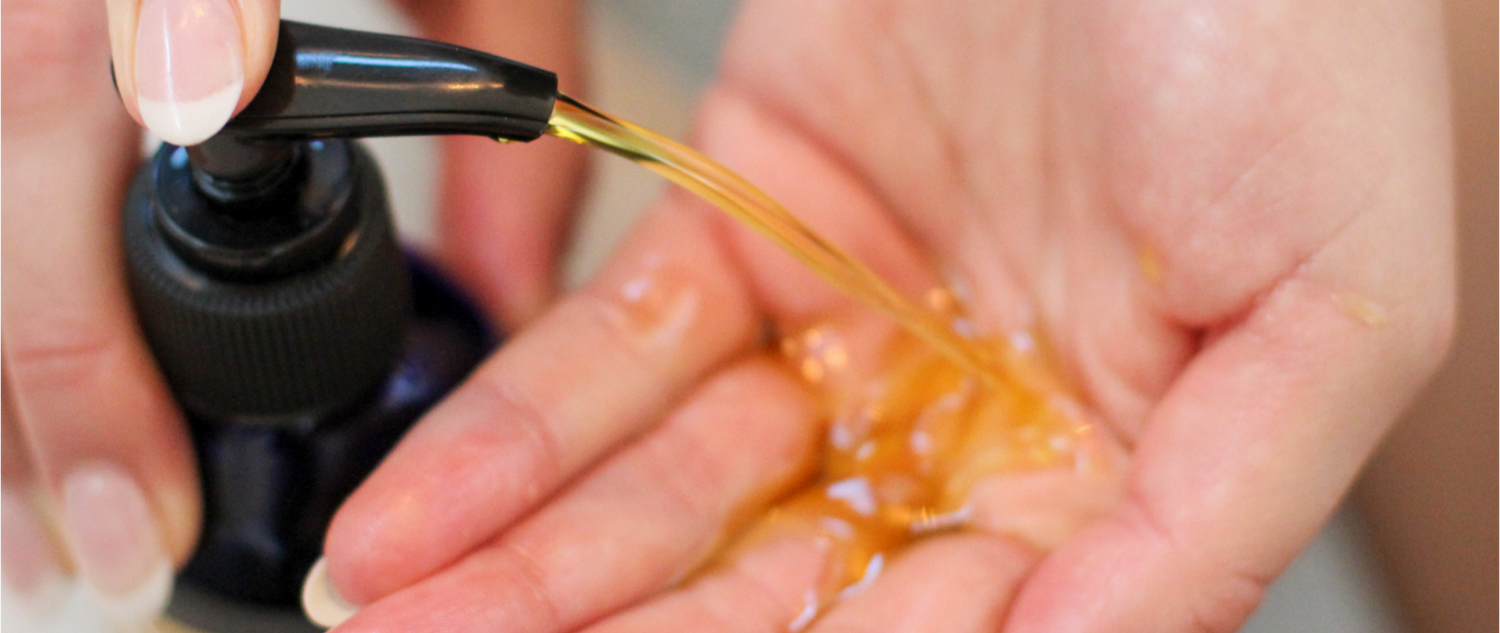Stress is an unavoidable part of life, affecting us physically, mentally, and emotionally. While most people are aware of the negative impact stress can have on our overall well-being, its effects on the skin are often overlooked.
The Stress-Skin Connection:
Our skin acts as a mirror to our inner health, and stress can leave a visible mark. Here are some common ways in which stress can impact our skin:
1. Acne and Breakouts: Stress triggers the release of hormones like cortisol, which can increase oil production in the skin. This excess oil, combined with inflammation, can lead to clogged pores, breakouts, and acne flare-ups.
2. Premature Aging: Chronic stress can accelerate the aging process by contributing to the breakdown of collagen and elastin, proteins responsible for maintaining the skin's elasticity and firmness. This can result in the appearance of fine lines, wrinkles, and dullness.
3. Skin Sensitivity and Irritation: Stress weakens the skin's natural barrier function, making it more susceptible to environmental irritants and allergens. This can cause redness, itching, and heightened sensitivity in individuals prone to conditions like eczema and psoriasis.
4. Dull Complexion: Stress can disrupt the natural balance of the skin, leading to a lackluster complexion. It interferes with the skin's ability to regenerate and renew, resulting in a dull and tired appearance.
Effective Stress Management for Healthy Skin:
While it may not be possible to completely eliminate stress from our lives, adopting effective stress management techniques can significantly improve our skin health. Here are a few strategies to consider:
1. Prioritize Self-Care: Make time for activities that promote relaxation and self-care. Engage in exercises like yoga, meditation, or deep breathing techniques to calm the mind and reduce stress levels.
2. Establish Healthy Routines: Establishing regular sleep patterns, maintaining a balanced diet, and engaging in regular physical exercise can help manage stress levels and promote overall well-being, including skin health.
3. Skincare Rituals: Dedicate time each day to a consistent skincare routine. Cleanse your skin gently, moisturize regularly, and use products with ingredients known to soothe and nourish the skin, such as aloe vera, chamomile, or green tea.
4. Seek Support: Reach out to friends, family, or a professional therapist when needed. Sharing your feelings and concerns can help alleviate stress and provide valuable emotional support.
5. Practice Mindfulness: Incorporate mindfulness into your daily life by focusing on the present moment. Engage in activities that bring you joy, such as reading, painting, or spending time in nature. This can help reduce stress and improve overall mental well-being, which in turn benefits the skin.
Understanding the profound impact of stress on our skin is an essential step towards maintaining a healthy complexion. By recognizing the connection between stress and skin health, we can adopt effective stress management strategies and prioritize self-care to mitigate the adverse effects of stress on our skin.




